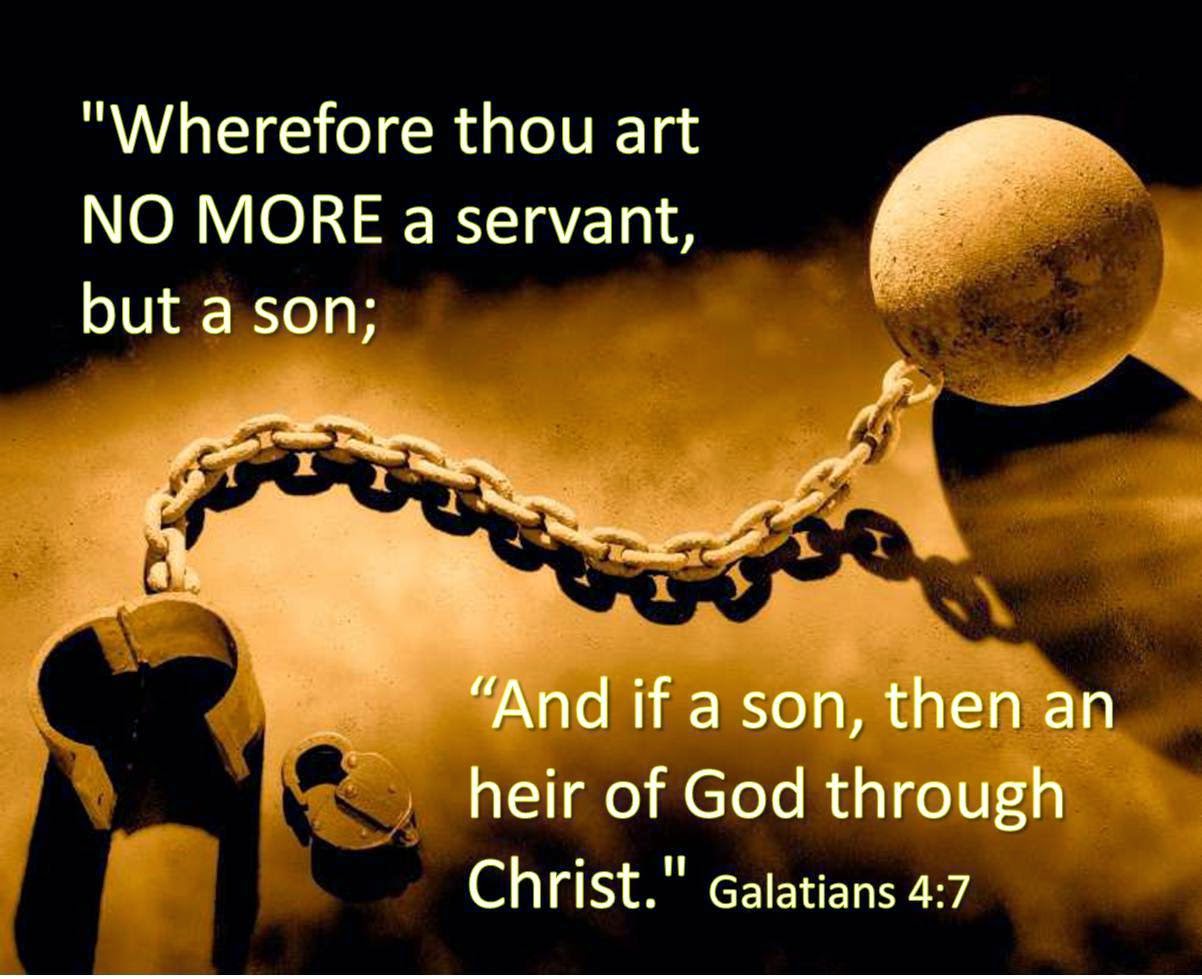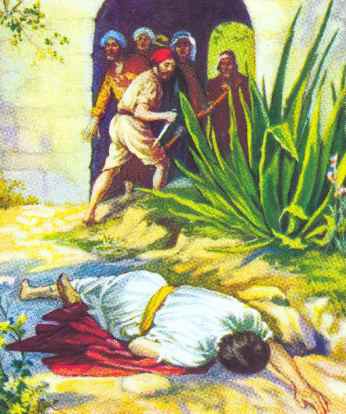I Peter 2:18-20.
Servants, be subject to your masters with all fear; not only to the good and gentle, but also to the froward.
For this is thankworthy, if a man for conscience toward God endure grief, suffering wrongfully.
For what glory is it, if, when ye be buffeted for your faults, ye shall take it patiently? but if, when ye do well, and suffer for it, ye take it patiently, this is acceptable with God.
Peter takes v. 17 one step further and addresses the relationship between masters and servants/slaves.
“WHAT?” You may ask. “Slaves? Really? In the BIBLE?”
Yes. The Bible dealt with life as it actually was, not as any idealist wished it were. Slavery was common in Peter’s day, as the Greco-Roman empire flexed its muscles. Any conquered nation was sure to be considered as free pickings for those who sought slaves for their households or businesses. It was quite common, for example, for a Roman household to purchase a Greek slave to be a teacher for the children in the household.
I’m pointing this out NOT to approve of slavery, but to acknowledge the reality of it. Peter’s message to Christian servants, whether they were hired or enslaved, was to honor and respect their masters–the good along with the froward, or those who were bent, perverse, wicked, unfair and surly.
If a slave suffered abuse for his faith, that was honorable and praiseworthy, especially if he suffered it with humility and dependence on God.
To be buffeted was to be beaten. If you did wrong and were beaten for it, there’s no particular prize to be won. However, if you did no wrong and were still abused, and bore it with patience, then you found honor in the sight of God.
Years ago, I read Richard Wurmbrandt’s story Tortured for Christ. Recently, I watched a movie on my computer about the story of Richard and Sabina’s efforts to help Jewish refugees and, finally, Nazis who were running from Russian Communism. How remarkable that they were able to help the very man who had murdered her family! It was an amazing story of true forgiveness. Richard’s suffering at the hands of Communism came a bit later, and is not an easy story to read. The great lesson, I believe, is that he bore it with patience. After he was finally set free, he traveled to many places. I was honored to hear him speak way back in the 70’s, and was amazed at his lack of anger or hatred toward those who persecuted him.
That is what Peter is teaching in our passage for today. Believe me, I’m not volunteering to be mistreated. I only pray that if such a calamity should arise, my testimony would remain strong.







